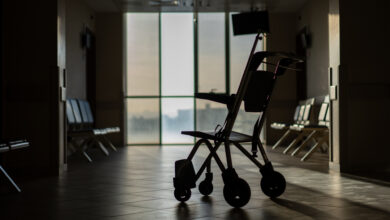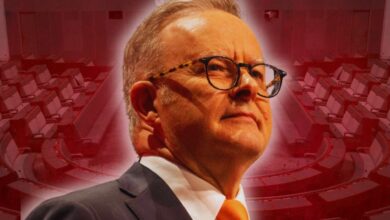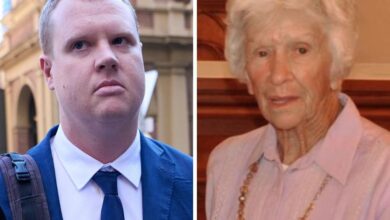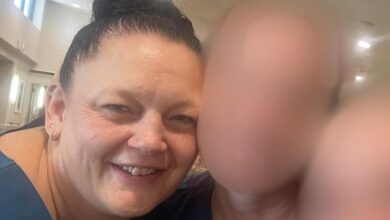Concern over full-fee rural students
The training sector has been unable to meet industry demand for enrolled nurses due to a lack of guaranteed funding for student places. By Linda Belardi
NSW TAFEs are having to increase the number of full-fee training places they offer to plug a shortfall in government funding for enrolled nurse education, a federal senate inquiry has been told.
Kerry Penton, director of the Riverina Institute, said the rural TAFE provider had introduced full-fee places in the past two years to compensate for inconsistent levels of funding.
In her submission to the committee inquiry, which is investigating the supply of rural health services and medical professionals, she said the funding arrangements had become piecemeal and dependent on securing one-off tenders.
From 2009, NSW Health ceased training enrolled nurses and moved EN education to TAFE NSW, in line with other states that already followed a pre-service model. The final group of trainee enrolled nurses completed their training with NSW Health in April 2010.
Due to fluctuating funding levels, Penton said the institute had only been partially successful in meeting industry demand for enrolled nurses and had cross-subsidised the Diploma of Enrolled Nursing program with mixed funding sources as an interim strategy. “The lack of an overarching funding strategy creates a degree of inconsistency and uncertainty both from the training sector’s point of view, but also for students wanting to access the nursing workforce,” she told ***Nursing Review***.
Christine Anderson, president of the Enrolled Nurse Professional Association NSW, said the peak body was also concerned about the availability and cost of training places for enrolled nurses. “As an association we are concerned about the equity of access. You also have to question why a student would pay a large amount of money to complete a Diploma of Enrolled Nursing at TAFE when they could go to university for nearly the same price and graduate with a higher qualification as a registered nurse,” she told ***Nursing Review***. The professional body was currently in the process of gathering advice from TAFE NSW on the availability and number of subsidised training places for enrolled nurses.
Penton said the institute had experienced a “measurable dip” in the number of enrolments and an inconsistent flow of student places into the Diploma of Nursing program since 2009. “Without a secure stream of funding and due to escalating costs of delivering the program, the Riverina Institute has been forced to offer the course on a full-fee basis to provide students with extended training place options,” Penton said.
The cost of the full-fee program at the Riverina Institute this year is $15,600, compared with a government subsidised place that costs $1308. She said there was also a growing trend, especially within the past six months, towards hospitals charging for clinical placements that would put further pressure on the cost of the course.
TAFE NSW Hunter Institute said it would only offer a government funded course in 2012 depending upon the availability of funding. However, it was currently accepting enrolments for its commercial course at a cost of $12,800 per student. Student enrolment criteria could also change according to the funding agreement, the TAFE told prospective students. A third TAFE, the Illawarra Institute was offering a commercial course for $15,000.
However, Penton said offering courses on a full-fee basis could further create an artificial dip in the number of students accessing training places, especially those who could not afford to pay.
Penton said there was a level of anxiety amongst prospective students and the institute had experienced frustration from the public over the unavailability of places. She said a lack of guaranteed funding has also reduced the capacity of the training sector to predict the supply of graduates for effective planning of the rural workforce. “There are challenges for developing a cohesive and planned flow of workers, particularly in areas experiencing a skills shortage.”
In 2011, more than 1500 students were enrolled in a Diploma of Nursing with TAFE NSW and NSW Health RTO provided an additional 40 training places for enrolled nurses. A spokesperson for the NSW Ministry of Health said this enrolment intake was in line with projected training needs for both the public and private sectors. “Through the Productivity Places and Strategic Skills Programs, NSW Health has secured funded places for EN training, with 415 places allocated during 2011, of which over 200 were enrolled across the Certificate IV and Advanced Diploma of Nursing.” A further 119 fully funded Diploma of Nursing places commenced at the end of 2011 through TAFE NSW, said the spokesperson.
The NSW government also provided 400 full scholarships for EN education in 2009 and 2010 to support the initial changes to the EN training model.
Email: [email protected]




